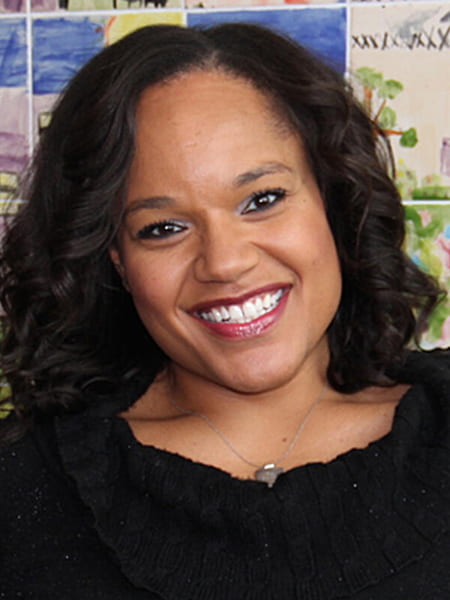
Moving beyond mere survival toward something better: thriving
In the education sector, we’re asked to accept a post-pandemic narrative that places blame for any and all challenges that schools face squarely on the shoulders of the pandemic.
Those of us who have been closer to the work for a longer time–teachers, administrators, anyone with boots on the ground in schools–will confirm that as painful as it was, Covid-19 merely laid bare inequities that have long existed.
A New York Times article published September 1, 2022 offers an alarming assessment of recent test results of the National Assessment of Educational Progress: our students are falling further behind
Results from the tests, administered to a national sample of 14,800 9-year-olds early in 2022 were compared with results from the same age group in early 2020, just before the pandemic caused school closings nationwide. While the declines spanned almost all races and income levels, the hit taken by students considered lowest-performing was much worse. Students in the 90th percentile dropped 3 points in math and those in the bottom 10th percentile dropped 12 points. In math, Black students lost 13 points compared to a five point drop among white students, further widening the existing gap between these groups.
It’s important to remember that students living in communities served by under-resourced schools have long been at a complex disadvantage that existed well before the pandemic.
My ISP colleague Orlando Sharpe, a longtime area STEM leader, frames the challenge like this: “Most educators and students in underserved schools have become accustomed to finding workarounds rather than just having the resources they need from the start. On one hand, that does lead to creativity by necessity, but it also generates anxiety that doesn’t need to be there.”
Addressing these everyday inequities that have become the norm for too many teachers, schools and students is at the core of the work to which the Institute for School Partnership at Washington University in St. Louis (ISP) has been committed for over 30 years. During that time, the organization has evolved into one of the nation’s largest initiatives to improve the quality of science and math education for all students.
The ISP’s programs focus on supporting educators to create learning environments that move student achievement beyond surviving toward thriving.
Our Math314 program equips teachers with skills that invite every student to engage. ISP’s math instructional specialists support teachers to become learners and leaders who encourage risk-taking and welcome more than one path to understanding and reaching the correct answer.
The New York Times article concludes that the go-to remedy for gaps in math scores only further widened by the pandemic is for schools to somehow carve out more classroom time for math instruction. By partnering with three area districts (Mehlville, Ritenour and Maplewood Richmond Heights) who are collectively aimed at improving math learning through a District Immersion effort, we know there is no realistic quick fix. Increasing time for math instruction has meant cutting back on science and social studies time, leading to decreased science scores, robbing Peter to pay Paul.
The District Immersion efforts include partnering with administrators, math coaches and teachers to not only improve the quality of math instruction, but also create a more functional instructional infrastructure throughout each district that is laser-focused on decreasing racial learning gaps.
Creating space for district leaders to make math learning more equitable for all learners requires that teachers reckon with their math identities, that they become comfortable with teaching math with strategies that encourage creative thinking, and honor a broad range of learning styles and strengths.
To do these things with integrity and intention, teachers need resources, embedded and individual coaching, ongoing evaluation and professional development that comes from a place of authenticity in their administrators and districts. The end result will be more students who accept the invitation to math learning.
The pandemic deepened an existing achievement divide that must be addressed, but it also illuminated root causes that have long deserved attention and intention. Our capacity to move achievement for all students beyond mere survival toward thriving depends on it.
ISP Blog Posts
valuing science learning
Feb 10 2023
addressing root causes
Feb 2 2023
It’s All About the Place
Dec 14 2022
Pride in STEM
Nov 17 2022
Challenging Narratives
Sept 21 2022
Embracing Diversity
May 24 2022
Impacting Science Learning
May 20 2022
Math Identity
April 23 2022
SLPS Principal Fellowship
Dec 12 2021

Nikki Doughty is Associate Director of Strategic Initiatives, the Institute for School Partnership at Washington University in St. Louis (ISP).